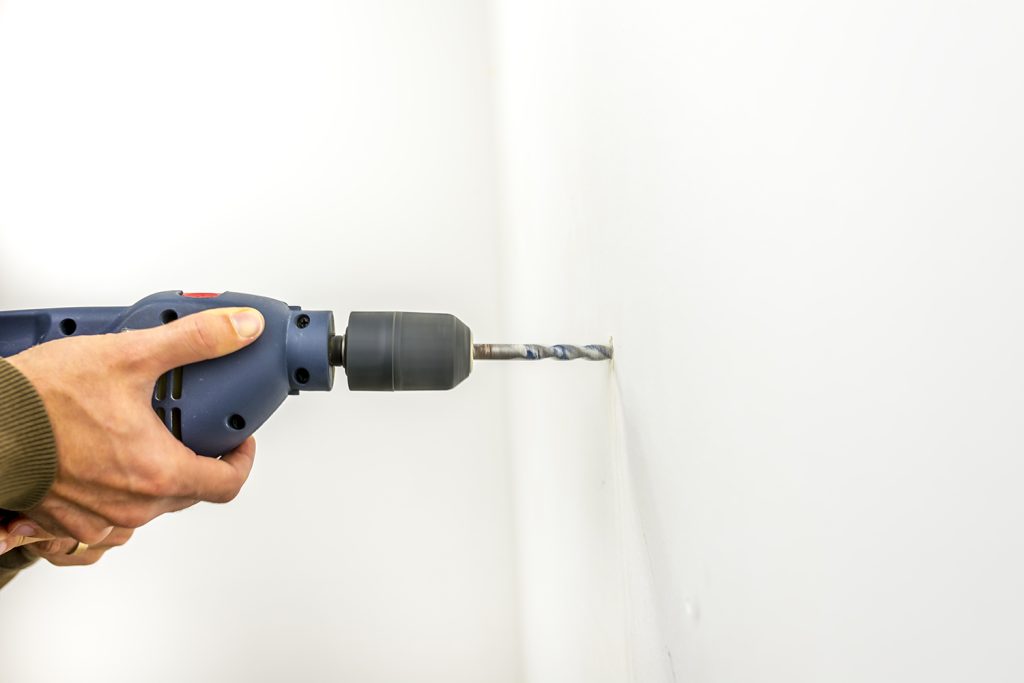
When planning home improvement projects — especially those that involve electrical work — do you know when to DIY and when to hire a professional?
Homeowners wanting to do it themselves can tackle many types of projects, but when safety becomes an issue, seek a professional with appropriate training, equipment and insurance. “Painting a bedroom may be an easy weekend project, for example, but climbing a tall ladder for an exterior paint job can be a safety risk,” noted Jon Elkins, vice president of safety, training and compliance at Indiana Electric Cooperatives.
To avoid electrocution and fires, most electrical work should be left to professional licensed electricians. Home rewiring, breaker box replacement and adding a large number of electrical outlets are among tasks you should consider leaving for the pros. Faulty electrical installations can lead to large additional expenses and even injuries or death.
If you’re doing work yourself with power tools, be careful. Annually, 8% of electrocutions in the U.S. are attributed to improper use of power tools. The Electrical Safety Foundation International offers the following safety tips:
• Use ground fault circuit interrupters (GFCIs) with every power tool to protect against electrical shock.
• Never use power tools near live electrical wires or water pipes.
• Use extreme caution when cutting or drilling into walls where electrical wires or water pipes could be accidentally touched or penetrated.
• Do not use power tools without the proper guards.
If your home improvement includes additional living space and/or added outlets, make sure your home electrical panel and service can handle the added load. In addition, verify that all electrical work is done by a certified, licensed electrician and that local permits, if needed, are secured.
Call 811 several days in advance if any digging is part of the project so the appropriate utilities serving your area can determine if they have buried lines of service in the scope of your project and mark where those are located.
Whether your home improvement is being done by yourself or a contractor, contact your electric utility ahead of time if your meter must be removed or relocated to accommodate additions or renovations (such as home additions, fences, decks or patios) to your property. In almost all areas it is illegal for a homeowner to break the seal on a utility meter or pull or set a meter. Aside from being dangerous without protective gear, there could be fines involved if you don’t call the utility first to explain the situation.
Remember, you should only tackle DIY home projects within your skill and comfort level. “For projects that require extensive electrical work, we strongly recommend you hire a licensed, qualified electrician for assistance,” said Elkins.



